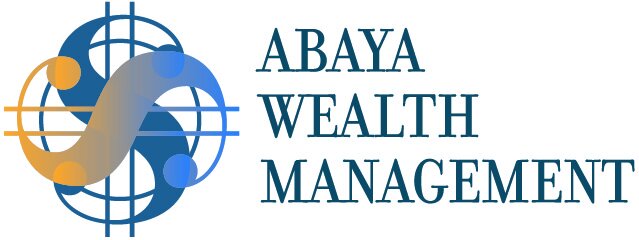3 Key Considerations for Estate Planning
November is Estate Planning month. So, it’s a perfect time to discuss your estate planning readiness. It’s not uncommon for someone who has a Will to think that their estate planning is complete, but that’s not necessarily the case.
With this in mind, I recommend the following:
Essential estate planning documents include a Will, Health Care Proxy, and Power of Attorney. Your attorney or financial planner may recommend that you also include additional documents, such as a Trust. Given these documents' broad authority, it’s important to review them every few years and consider if any changes need to be made regarding executors, beneficiaries, or agents.
Designate a payable-on-death recipient for your checking and savings bank accounts. This is done by adding that individual to your accounts. With this in place, upon your death, they will have access to the funds in those accounts to pay for immediate expenses.
Ensure that you have designated primary and contingent beneficiaries for your brokerage accounts and IRAs, as well as your 401(k) and 403(b) accounts. Even if your spouse is the beneficiary of these accounts, it is still recommended that you have contingent beneficiaries in case your spouse is no longer living at the time of your death.
Estate planning is a wonderful gift for your family. By following these recommendations, you can have peace of mind that your wishes will be honored upon your death without additional stress to your loved ones.
For additional information to assist you in getting started with estate planning, visit “Estate Planning Checklist” on the Charles Schwab website.
